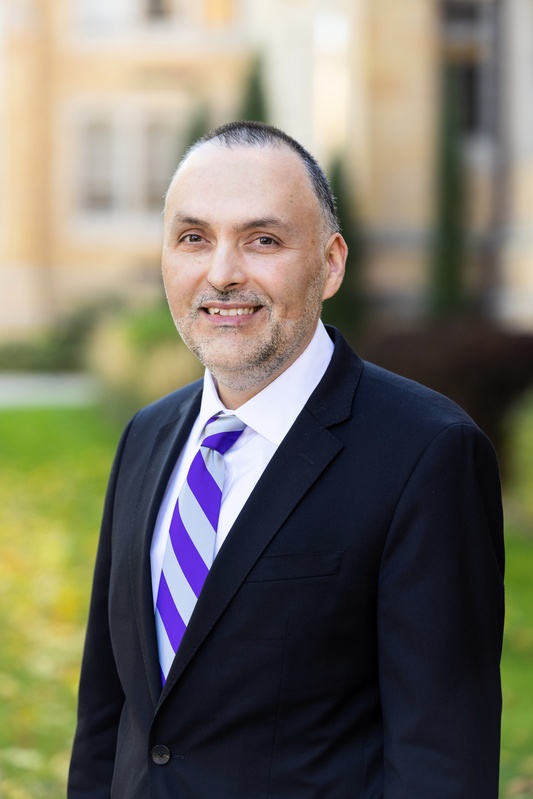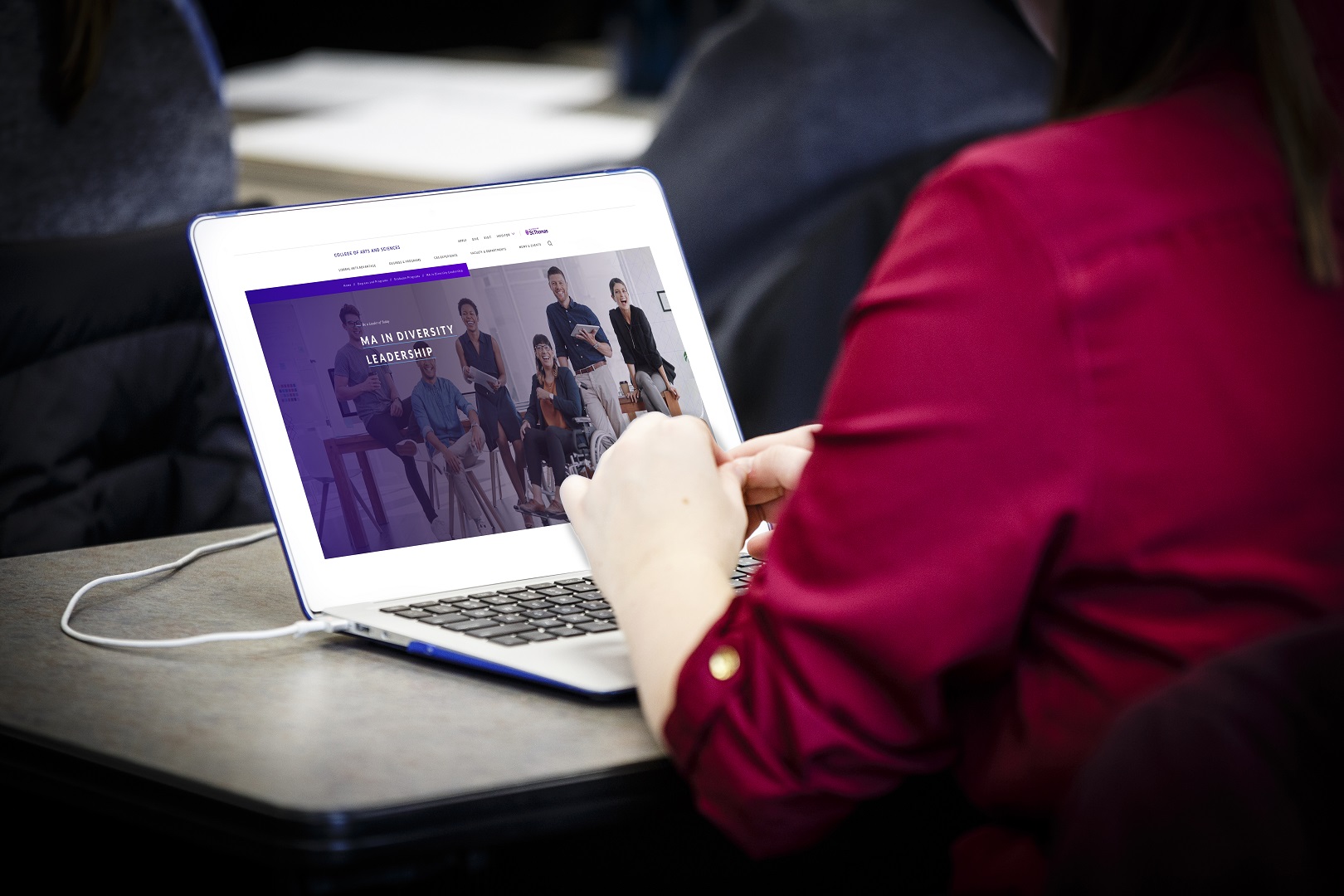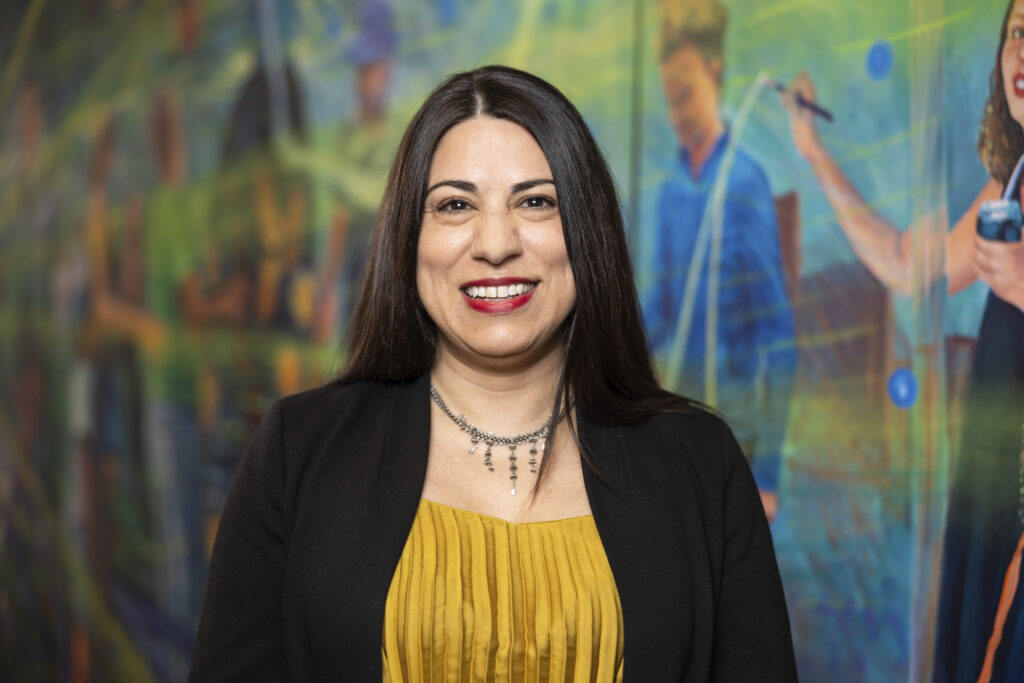The University of St. Thomas’ Master of Arts in Diversity Leadership, which was developed in consultation with Twin Cities business leaders and hiring managers, is now accepting applications for this new interdisciplinary graduate degree program. Open to students nationwide starting in fall 2023 thanks to it being completely online with an asynchronous format, the two-year program aims to help professionals better understand their workplaces by improving cultural competencies.

“More inclusive workplaces are also more productive workplaces,” Executive Vice President and Provost Eddy Rojas said. “DEI is not the job of any one role in a company – it’s everyone’s responsibility, which is why this program is relevant for both emerging and established leaders who need to enhance their skills for their organizations.”
While DEI degree and certificate offerings are growing across the country, St. Thomas’ MA in Diversity Leadership is one of the few master’s degree programs.
The interdisciplinary program incorporates instruction from eight university departments spanning St. Thomas’ College of Arts and Sciences, the Opus College of Business and School of Education. The curriculum was also developed in consultation with focus groups consisting of local business leaders and hiring managers, alumni and community members.
The interdisciplinary approach is ideal for this program due to the complex nature of diversity itself, Rojas explained.
“Many people immediately think of race when they consider diversity,” he said. “But diversity extends into multiple dimensions: We have political diversity, religious diversity, gender diversity and so on. It is critical to look at the intersectionality of those dimensions because the people working in your company are very multidimensional.”
The cross-university team that developed the program created 14 new courses for the degree, including courses focused on topics such as leading inclusive organizations, the role of religion in public and professional life, the intersection of disabilities with other social identities, and others.
“A course of study in diversity leadership cannot be based on a single discipline,” said Dr. Paola Ehrmantraut, director of Women, Gender and Sexuality Studies and the Endowed Chair in Humanities, “This requires bringing the depth of the humanities, in combination with leadership training into the DEI space.”
In addition to teaching students about the principles of inclusion, the course itself was designed to be inclusive by fitting into the already hectic schedules of many professionals. The self-paced, asynchronous program is completely online with a rolling enrollment to allow students to join the program at any one of the six starting points in a year. The program is designed to be taken one course at a time over a six-week period; six courses per year, over two years.
Students will take six required courses and six electives in two areas of study: Principles in Leadership and Culture and Society. Each course will run independently to help keep a manageable workload.
“It will be a rigorous program,” Rojas said, “but paced in a way to allow people to integrate it in their lives.”
Some students may pursue the course in collaboration with their employers and others might enter directly after graduating with a bachelor’s degree. A core approach of the program is to help participants grasp the importance of understanding and connecting with culture in order to be effective managers. This underscores the importance of program courses such as Race, Culture and Power, one of the program’s foundational courses.
“I'm excited to engage in important conversations with students in the program,” said Race, Culture and Power instructor Dr. Todd Lawrence, associate professor of English and American culture and difference who is also the director of the English Graduate Programs at St. Thomas. “If we as a society are going to have serious conversations about race, we need to first understand its complexities. This class is designed to help students more deeply understand the ways that race functions in and is animated by culture – and to talk about culture is to talk about power."
Similarly, courses such as Street Art and Social Justice are aimed at connecting students with culture within communities. Courses such as these are particularly relevant given the increased focus on social justice happening in many boardrooms across corporate America and beyond.
“Street art is uniquely positioned to engage with social issues from a critical perspective,” said Dr. Heather Shirey, a professor of American culture and difference, art history and diversity leadership who will teach the course for the program. “For that reason, I think that having the ability to ‘read’ the urban landscape with an understanding of its nuanced visual culture is really crucial for anyone who wants to make a difference in the business world.” This class will involve an analysis of street art projects around the world, with a particular focus on art in the Twin Cities.
Rojas says that his hope for the program “is that we will serve many students from multiple geographies and be able to educate leaders who are really impactful in their organization. This Master of Arts in Diversity Leadership is really going to make an impact on society.”







